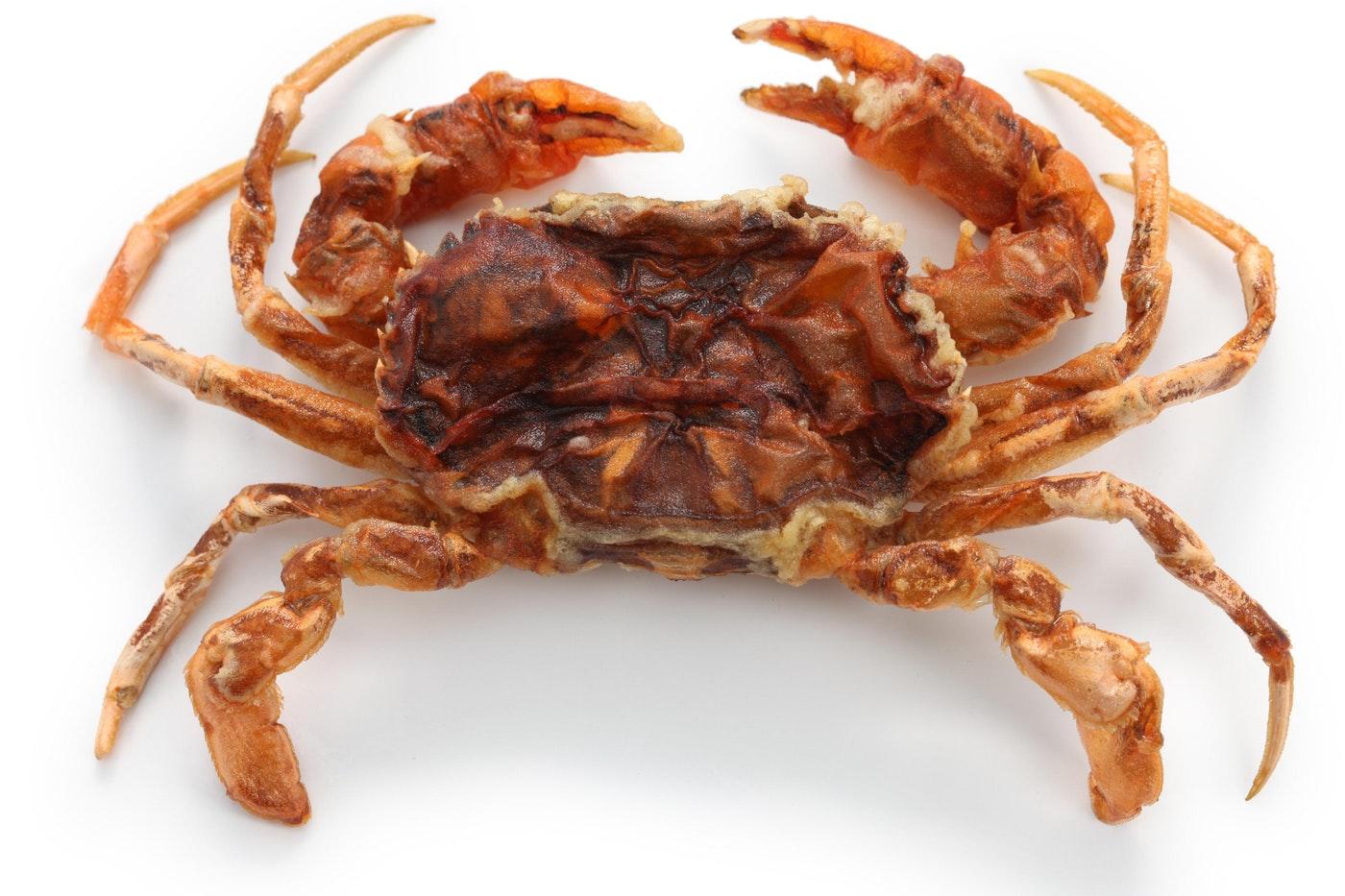Gilligan’s Aisle


Gilligan says food allergies can be a fairly common cause of itching in pets. Gilligan’s mom is Rae Keane, a contributor to Southport Magazine and owner of Zeetlegoo’s in Southport. Courtesy photo
Southport is a very dog-friendly place with a variety of outdoor activities that can be shared with man’s best friend. But sometimes the result is an itchy dog—environmental allergies, fleas, and just plain dry skin from sun, sand and ocean water. So how can you tell what is causing your pooch to scratch all night long, keeping you awake?
Usually if itching is caused by outdoor allergens, the dog will get noticeably better during the winter months, because there tends to be less pollen and mold at this time of year. Fleas can be found year-round in Southport, but can be ruled out fairly easily by using a fine-toothed flea comb.
Food allergies can be a common cause of itching in your pets. Many times steroids are used to help alleviate the pet’s suffering, but few pet owners are aware of all of the side effects of long-term use of these drugs, such as liver disease and diabetes. And steroids treat the symptoms—not the underlying cause.
Dogs’ digestive systems are more like their meat-eating relatives, the wolf, than they are like humans—they are carnivores. So the first thing to consider is what are you feeding your pet. Diet is key! Many commercial dog foods contain ingredients such as wheat, corn, soy, preservatives, food colors and animal digests. Artificial preservatives, colors and flavors are totally unnecessary (and often toxic) ingredients that are in many commercial pet foods, and these ingredients alone can be the cause of itchy skin problems. Since the majority of commercial pet foods contain such a large number of ingredients, it is often difficult to know which ingredient is causing the itching.
Sometimes simply putting a pet on a holistic diet can make the symptoms abate. Keep in mind that any food protein consumed over time can cause a food allergy or sensitivity. What a pet eats for years can suddenly cause an allergic reaction, or it can be a food that the pet has eaten only for a short time.
Feed a quality, natural, meat-based diet, some raw or steamed veggies (like carrots, broccoli and sweet potatoes), and don’t expect all the nutrition to come in a bag.
Holistic pet foods do not contain meat by-products, artificial preservatives, flavors, colors or fillers like whole-grain corn, peanut shells and soybean shells. Holistic foods typically use natural preservatives, such as Vitamin E (often listed as mixed tocopherols).
The key to diagnosing and treating food allergies is by following an elimination diet. This diet requires the pet owner to choose a food containing a single protein source that is new to the pet, and limiting the number of ingredients the animal is exposed to over a period of eight to 12 weeks.
Since the animal has never been exposed to the proteins in the new food, the food should not create an allergic reaction, and the conditions will be able to start improving. For example, many commercial-brand dog foods contain chicken and corn, so the elimination diet may be as simple as switching to a lamb-and-rice diet, or it may need to be something more novel such as fish and sweet potato. Many pet-food companies have a simple food formula that consists of a single protein and one carbohydrate. When choosing a food, read the label carefully to be sure it is strictly one protein and one carbohydrate. A food might be labeled a lamb-and-rice “formula,” but it still could contain corn and chicken.
Another very helpful addition to your dog’s diet is Omega-3 fatty acids. Many commercial dog foods contain an abundance of Omega-6 fatty acids, but lack sufficient Omega-3’s. Fatty acids are called “essential” because dogs can’t produce them; they must be provided in the diet. They are especially helpful in combating dry skin, improving coat quality and relieving itching, and can be given as supplements.
Fish or flax-seed oil capsules are well-tolerated by dogs, and they will often eat them like treats. Additionally, you can add fish—such as canned sardines, salmon or mackerel—to your dog’s diet. These are very high in Omega-3’s and will benefit dry skin.
So before you just figure that you will have an itchy dog because you spend time playing in our beautiful playground called Southport, try changing your dog’s food!











Leave a Reply